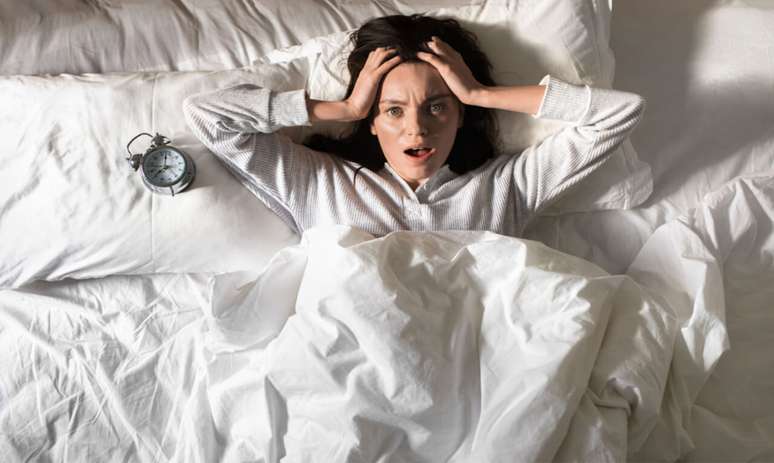A study conducted in England found that sleepless nights can interfere with the development of disorders such as depression
The World Health Organization (WHO) defines depression as the disease of the century. After all, 5% of adults worldwide suffer from this disease, alarming numbers that have led to more and more research being conducted about it.
A study by scientists at University College London, England, for example, found that the disease is closely related to sleep. Researchers analyzed more than 7,240 individuals with an average age of 60 and found that poor sleep quality can interfere with the development of psychological disorders, such as depression.
According to the research, published in the scientific journal Nature, individuals who sleep less than 5 hours a day are more likely to develop depression. Therefore, the genetic propensity for insomnia is directly related to depressive symptoms.
Sleep and mental health
According to psychiatrist Dr. Flávio H. Nascimento, several studies link insomnia with several other psychiatric disorders in addition to depression. “Sleep has always been a point much analyzed by psychiatry because in many disorders it is one of the main ones affected. Several studies link a bad night’s sleep with an increase in stress, anxiety, schizophrenia and other conditions”, he says the specialist.
Remember that sleepless nights are not only the cause of diseases, but also the symptoms caused by them. “Therefore, you should always seek the help of a professional to identify the causes of recurrent and harmful lack of sleep,” emphasizes Dr. Flávio H. Nascimento.
7 tips for sleeping well
According to Carol Tavares, nutritionist at Vitamine-se, the first step to sleeping well is to adopt healthy habits every day. “We spend around 1/3 of our lives sleeping and, for this to happen in a restorative way, it is important to maintain a healthy diet, exercise regularly and control stress levels. Include breaks in your routine, with moments of relaxation and relaxation and take care of your health,” says the expert.
Carol gives 7 tips to improve the quality of sleep and eliminate the risk of depression. Watch:
- Reduce the brightness of the room;
- Try adding relaxation rituals before bed, such as meditation, yoga, or a relaxing bath;
- Maintain a diet that helps improve the quality of sleep;
- Exercise regularly;
- Avoid consuming caffeine and sugar-rich foods before going to bed;
- Don’t drink large amounts of fluids before going to bed;
- Don’t check email or work before going to bed.
Source: Terra
Ben Stock is a lifestyle journalist and author at Gossipify. He writes about topics such as health, wellness, travel, food and home decor. He provides practical advice and inspiration to improve well-being, keeps readers up to date with latest lifestyle news and trends, known for his engaging writing style, in-depth analysis and unique perspectives.









